The best way to stay ahead of heater problems is to prevent them in the first place. Once a small problem begins, it can spread very quickly and have lasting effects. Aside from scheduling professional service for your heater, there are some care steps you can take as a homeowner.
Keep reading to learn about preventing problems inside your heater with a few key care steps. Then give our team a call when you do need to schedule an appointment for heater repair in Clackamas, OR. While you can prevent a wide range of problems, there are some things that are unavoidable and we are here to help when you need us.


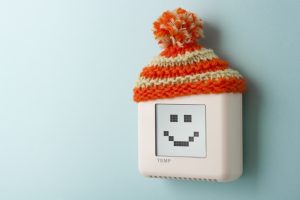
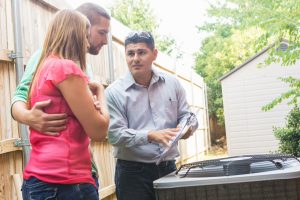
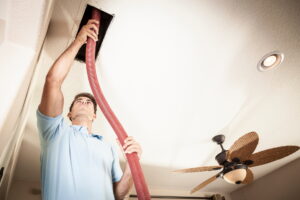


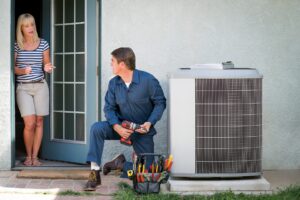
 You are relying on your air conditioner more these days now that summer is in full swing. But you’ve started to notice that using your air conditioner is becoming a noisy endeavor. This isn’t something to brush off.
You are relying on your air conditioner more these days now that summer is in full swing. But you’ve started to notice that using your air conditioner is becoming a noisy endeavor. This isn’t something to brush off. You need to have a powerful and dependable air conditioner to get you through summer. This is especially true this season as there is a record heatwave predicted to hit our country. This last weekend we already got a taste of it too!
You need to have a powerful and dependable air conditioner to get you through summer. This is especially true this season as there is a record heatwave predicted to hit our country. This last weekend we already got a taste of it too!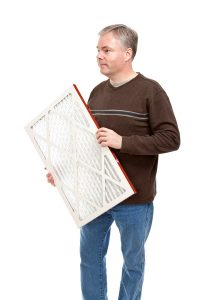 The most overlooked and underappreciated part of your HVAC system is none other than… the air filter! The air filter is the silent defender in your HVAC system, blocking out dust and dirt and contaminants from causing a mess of problems for your system. In this post, we’ll go over everything you need to know about air filter types, how to change it, and what happens when you don’t change it.
The most overlooked and underappreciated part of your HVAC system is none other than… the air filter! The air filter is the silent defender in your HVAC system, blocking out dust and dirt and contaminants from causing a mess of problems for your system. In this post, we’ll go over everything you need to know about air filter types, how to change it, and what happens when you don’t change it.